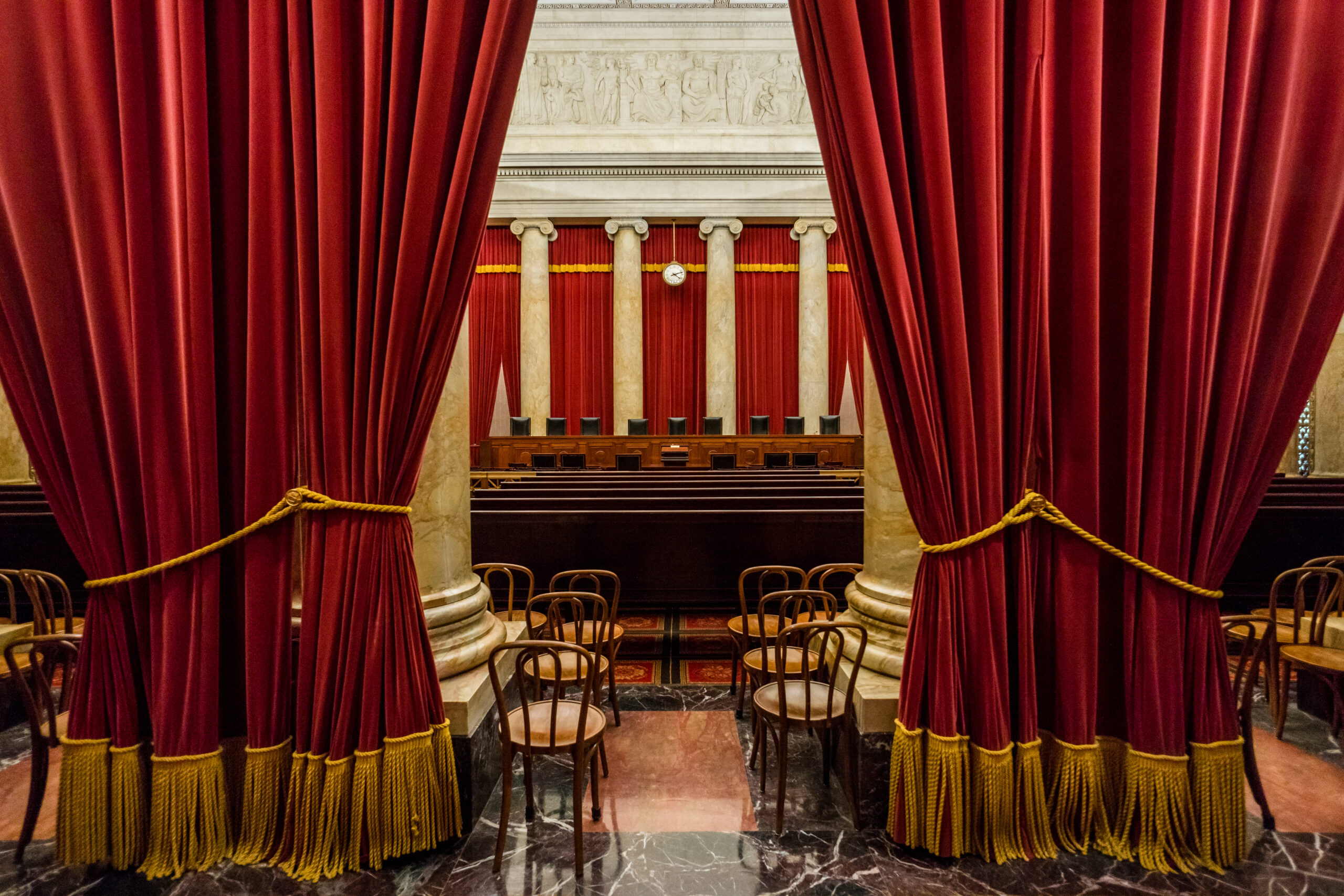This court is conventionally thought of as originalist. But it is often more usefully and accurately understood as what I call “traditionalist“: In areas of jurisprudence as various as abortion, gun rights, free speech, religious freedom and the right to confront witnesses at trial, the court — led in this respect by Justices Samuel Alito, Clarence Thomas and Brett Kavanaugh — has indicated time and again that the meaning and law of the Constitution is often to be determined as much by enduring political and cultural practices as by the original meaning of its words.
The fact that the Supreme Court seems to be finding its way toward an open embrace of traditionalism should be broadly celebrated. To be sure, the court’s traditionalism has played a role in many decisions that have been popular with political conservatives, such as the Dobbs ruling in 2022 that overturned Roe v. Wade. But it is not a crudely partisan method. Justice Sonia Sotomayor, an Obama nominee, has used it in a decision for the court — and Justice Amy Coney Barrett, a Trump nominee, has expressed some skepticism about it.
Traditionalism may not be partisan, but it is political: It reflects a belief — one with no obvious party valence — that our government should strive to understand and foster the common life of most Americans. The Supreme Court has relied on traditionalism to good effect for many decades, though the justices have seldom explicitly acknowledged this. Traditionalism should be favored by all who believe that our legal system ought to be democratically responsive, concretely minded (rather than abstractly minded) and respectful of the shared values of Americans over time and throughout the country. . . .
Tradition, in the law and elsewhere, illuminates a basic fact of human life: We admire and want to unite ourselves with ways of being and of doing that have endured for centuries before we were born and that we hope will endure long after we are gone. At its core, this is what constitutional traditionalism is about: a desire for excellence, understood as human achievement over many generations and in many areas of life, that serves the common good of our society.”
Read more here.


